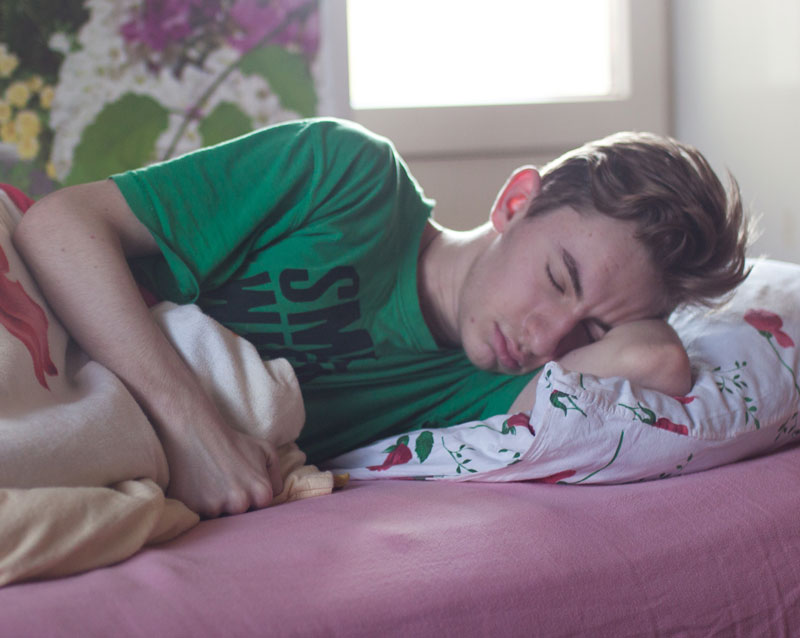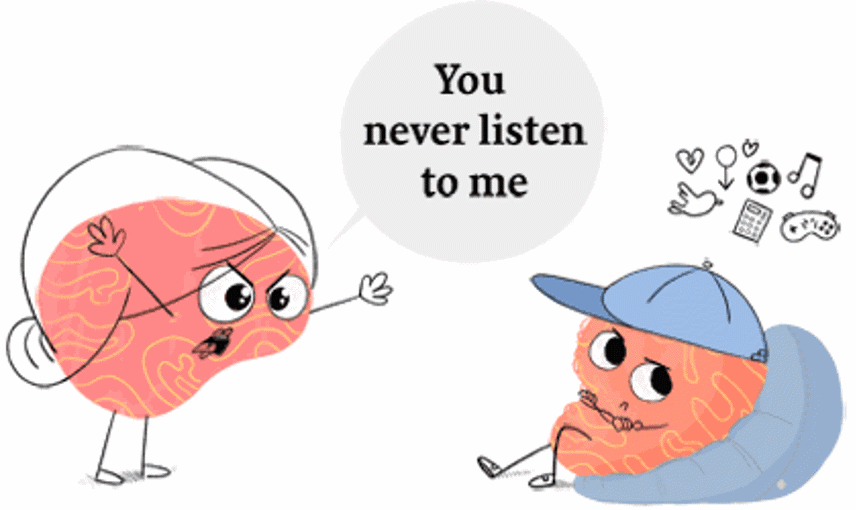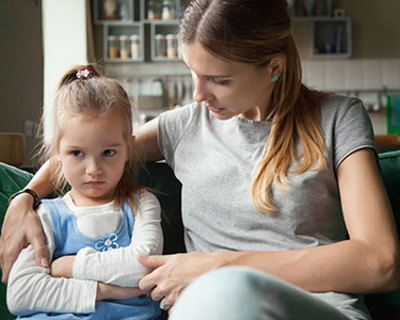Getting back into a routine
As the novelty of going back to school starts to wear off, your family may be struggling to get back into a school routine after so long without one.
With school, clubs and activities closed for so long this year, your family’s routines probably changed. Having regular routines can be very helpful for children, teenagers and adults, but it can take a while to settle into them.
Understanding your teenager

You may find your teenager has the most difficulty with getting back to the morning routine. There’s a reason for that. Changes during puberty mean teenagers’ body clocks are different to younger children and adults. Their brains are wired to be more alert later in the day. Without school to get up for your teen might have been going to bed later and getting up later.
Once our bodies get into different sleeping habits it takes time to reverse them. Try to put yourself in your teenager’s shoes and remember it is a real struggle for them in the morning. Your teen’s body will be telling them to go back to bed and they might feel sick or get headaches.
Try to be understanding if your teen is grumpy or not listening in the morning. Acknowledge that this is really hard for them but that they need to stick at it.

Amazing brains
Get the children involved
 Younger children are more likely to engage with a routine if they feel part of the process. Go through the morning routine together and discuss what will happen when. You could make a poster of your daily routine with pictures for each task. Are there bits of the routine where you can give your child some control or choice? Letting your child make some decisions will help them feel that it’s something you chose to do together instead of something they have to do.
Younger children are more likely to engage with a routine if they feel part of the process. Go through the morning routine together and discuss what will happen when. You could make a poster of your daily routine with pictures for each task. Are there bits of the routine where you can give your child some control or choice? Letting your child make some decisions will help them feel that it’s something you chose to do together instead of something they have to do.
Keep it calm
Parents tell us that getting up and out in the morning can be a big source of conflict. Try to stay calm and act how you would like your children to behave. It’s not easy, but children pick up on the emotions of the adults around them. If you are running around the house stressed or panicked your children are more likely to feel worried or upset.
If the tension starts to build, take a deep breath (and a minute away if you can). Remind yourself that getting into an argument now will only make things worse for everybody. Children 1st Parentline is here for you if you need support managing your children’s behaviour.
Everyone needs some time off
Routines are helpful, but you don’t need to plan every minute of the day. You will probably find getting back into a routine and going back to school is tiring for all of you. Your children may want some time alone when they get home. After so long together, it might feel strange not to know everything about their day – but don’t bombard them with questions. Take the opportunity to do something that is just for you, like taking a bath or reading a book.



